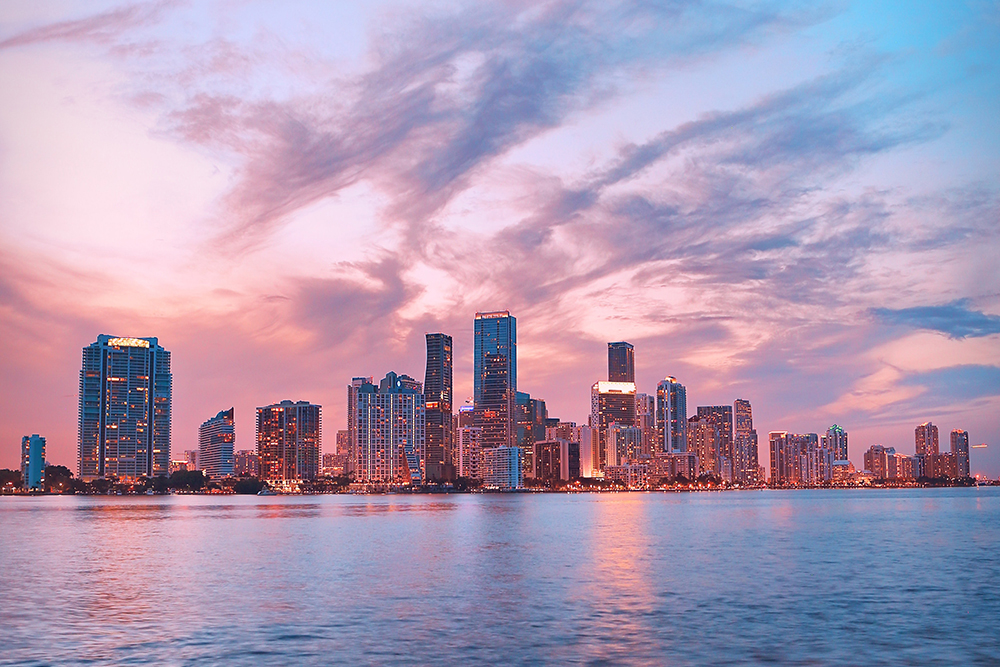About forty days ago, I began a transition from working in an organization where I had become quite comfortable, well respected, and more of an expert in my field, during the eight years I spent there. Though only three years ago I wondered if I would ever work again (why would there be a need for new hotel and resort development when global hotel occupancy hovered around ten percent?), I took several leaps of faith to sharpen my skills in the areas of sustainability and regenerative travel. I also enrolled in a distance learning version of Chip Conley’s Modern Elder Academy retreat, which was all about the technology of transitions and our resistance and/or acceptance of them.
As an analyst of the industry, I occasionally try out the trends that I study. When the pace of business started to feel somewhat normal last year, I decided to temporarily test out the experience of being a global nomad. For six weeks I traveled through parts of Eastern Europe and Turkey, taking in two annual conferences of industry organizations to which I belong, I visited family members who live in the region, and I completed a couple of work assignments that I began just before leaving for Europe. I also worked on my suntan, pondered the meaning of life, and ate some of the best fish and seafood that had been swimming just hours earlier in the Aegean Sea.
All of this is to say that just as COVID restricted our abilities to connect with each other, and made many of us feel that our lives became somewhat smaller, the fading away of the emergency measures and the decline in the number of deaths and in the shortages of hospital beds had the opposite effect. The lessening of the COVID protective measures instilled hope in many of us, not just about the prognosis for the pandemic, but also for a renewed focus on the future and the new opportunities that might be awaiting us just around the corner.
It was with this attitude that I pursued my recent move to Majestic Hospitality. The move made sense from a “fit” perspective. Majestic focuses on serving clients with hotels and resorts during the development stage of their lifecycle, and during the recent years of my career I have focused on whether or not new hotel and resort concepts are financially viable. And if their projects are on the edge, or just beyond the edge, of what operating companies, brands, and investors consider to be their “sweet spots”, I try to get the project sponsor to make the fewest number of adjustments as possible to his or her vision that will move the project back into that sweet spot range that the market values.
All of that sounds good in theory, but we don’t work in theoretical organizations, we work in the world of skills, relationships and ever-changing economic conditions. What has surprised me in my first forty days with Majestic, or my Forty Majestic Days, is how invigorating such a change can be. I traveled to visit with clients at least part of every week in January, and for one of the few times in my career, my calendar is now booked with work eight weeks in advance. Almost every client opportunity that has come up in these forty days has required the collaboration of our small but well-aligned management team, and we have all been accessible whether in Europe, Latin America or in our home office. New and creative approaches to overcome client obstacles or procedural inadequacies have been welcomed rather than resisted, and each team member is valued and feels that they are valued as well.
Even this corporate blog is a new tool for us to share not only industry advances and new learnings that contribute to our clients’ goals, but also to share how we manage or struggle with the human frustrations of maintaining work/life balance and the ways we attempt to overcome or reap the benefits of generational differences when small work teams are comprised of Baby Boomers, Millennials, and the younger Gen Z members, each of which has had very distinct life experiences and resulting perspectives and values.
So, while the content of the work that I do for clients on a daily basis has not changed dramatically, my curiosity, willingness to innovate, and desire to excel have all gotten a fresh “re-charge” in these past forty days. Furthermore, working in small teams with talented people always seems to result in better outcomes than when I work solo and lack the benefit of having others nearby to challenge my assumptions or present another perspective.
I learned at the Modern Elder Academy that it is in our DNA to resist change. That is, in pre-historic times, change meant risk, and risk could mean death or extinction of a species. Therefore, learning to embrace change in today’s world may seem to be very practical, as the rate of change in technology and in our lives in general seems to accelerate each decade. However, learning to embrace change is not “natural” to humans and requires a payoff large enough to override centuries and centuries of “instinctual” resistance to change. I may not have won the war just yet, but it seems I am doing better, at least in this year’s battle, of embracing the changes coming my way, and looking for opportunities rather than threats in each new shift of my environment.
By Andrew Cohan

